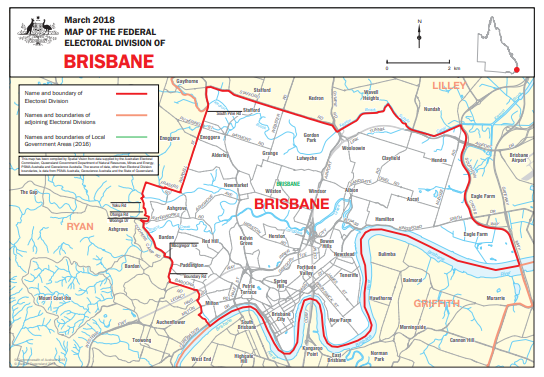|
|
|
|
| Adam Carr's Election Archive
|
Australian federal election, 2022
Division of Brisbane, Queensland
Named for: City of Brisbane (after Sir Thomas Brisbane (1773-1860),
Governor of NSW 1821-25, the time of the founding of the Moreton Bay
settlement)
Central Brisbane: Ashgrove, Brisbane, Clayfield, Hamilton, Wilston
State seats: All of
McConnel, parts of
Clayfield,
Cooper,
Ferny Grove and
Stafford
Local government areas: Parts of Brisbane
Borders with:
Griffith,
Lilley and
Ryan
Enrolment at 2019 election: 115,548
Enrolment at 2022 election: 125,241 (+08.4)
1999 republic referendum: Yes 57.3
2018 same-sex marriage survey: Yes 79.5
Sitting member: Hon
Trevor Evans (Liberal): Elected 2016, 2019
Liberal two-party vote 1983-2019
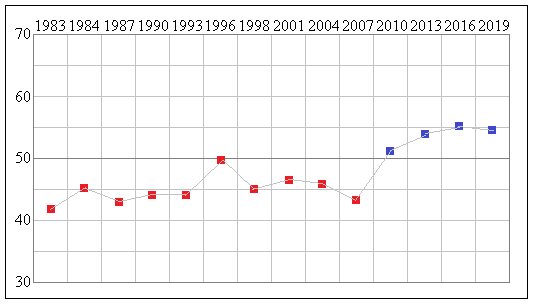
2007 Labor majority over Liberal: 6.8%
2010 Liberal majority over Labor: 1.1%
2013 Liberal majority over Labor: 4.3%
2016 Liberal majority over Labor: 5.9%
2019 Liberal majority over Labor: 4.9%
Status: Marginal Liberal
Best Liberal booths, two-party vote: Hendra (72.8), Ascot (72.4), Hamilton (66.0), Chermside PPVC (62.7),
Clayfield Central (62.7)
Best Labor booths, two-party vote: Spring Hill (58.3), Windsor North (54.9), Stafford (54.6), Fortitude Valley
(53.8), Ithaca South (53.5)
2019 results
Statistics and history
Candidates in ballot-paper order:
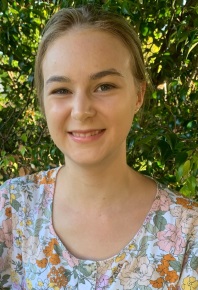 |
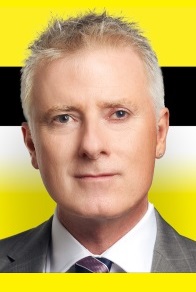 |
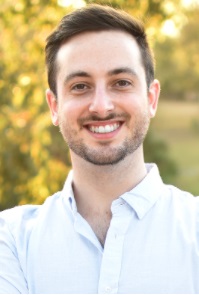 |
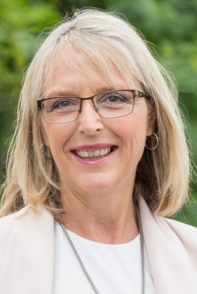 |
1. Tiana Kennedy
Animal Justice Party |
2. Justin Knudson
United Australia Party |
3. Stephen Bates
Australian Greens |
4. Madonna Jarrett
Australian Labor Party |
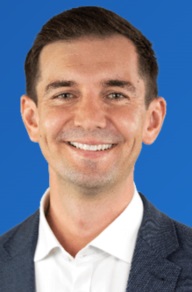 |
 |
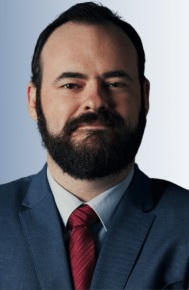 |
5. Hon Trevor Evans
Liberal Party |
6. Trevor Hold
Pauline Hanson's One Nation |
7. Anthony Bull
Liberal Democrats |
Candidate websites:
Stephen Bates
Anthony Bull
Trevor Evans
Tiana Kennedy
Madonna Jarrett
Justin Knudson
Division of Brisbane
Brisbane has existed since Federation, and at various times has taken in most of the city north of the Brisbane
River, and sometimes south of it. Since 1949 it has consisted of central Brisbane and the inner suburbs. On the
2007 boundaries, it extended north-west to take in Labor-voting Ashgrove. The 2009 redistribution changed it
substantially, reorienting it to the east to include some of Brisbane's strongest Liberal areas in Clayfield and
Hamilton.
Like most inner-city seats, Brisbane now has a high median income level and a high proportion of people in
professional and managerial occupations, combined with low levels of families with dependent children and of dwellings being
purchased. But its proportion of non English speaking households is surprisingly low for an inner city seat, and
lower than in some other Brisbane-area seats.
Brisbane was once a safe Labor seat:
George Lawson held it for 30 years. But it grew increasingly marginal in the 1970s
and '80s, and was won by the Liberals
in 1975. The increasing cosmopolitanisation of inner city seats improved Labor's position in the 1990s,
and it was one of only two seats retained by Labor in Queensland in the heavy defeat of 1996.
Arch Bevis won Brisbane for Labor in 1990, and was briefly a parliamentary secretary
in the Keating government. In 2010 the less favourable boundaries, combined with the strong reaction in Queensland
to the demise of
Kevin Rudd, produced a big swing that saw Bevis defeated after holding the seat for 20 years.
His Liberal successor,
Teresa Gambaro,
had been MP for Petrie 1996-2007, and a parliamentary secretary in the Howard government. She retired at the
2016 election.
Trevor Evans, Liberal MP for Brisbane since 2016, was chief executive of the National Retail Association and
chief-of-staff to Immigration Minister Peter Dutton before his election. He is openly gay (as was his Labor
opponent in 2016, Pat O'Neill.) With a majority of 4.9%, Evans will be safe on these boundaries against all but the
biggest swings. After the 2019 election he was appointed Assistant Minister for Waste Reduction and Environmental Management.
The Labor candidate is Madonna Jarrett, Director at Deloitte Australia. The Greens candidate is Stephen Bates, a
sales assistant.
Demographics:
Median weekly household income: $1,868 (Australia $1,438)
People over 65: 9.7% (Australia 15.8%)
Australian born: 63.6% (Australia 66.7%)
Non-English-speaking households: 20.1% (Australia 22.2%)
Catholics 24.6% (Australia 22.6%)
No religion 35.9% (Australia 29.6%)
University graduates: 40.5% (Australia 22.0%)
Professional and managerial employment: 50.7% (Australia 35.2%)
Employed in manufacturing and construction: 12.9% (Australia 22.9%)
Paying a mortgage: 26.1% (Australia 34.5%)
Renting: 50.6% (Australia 30.9%)
Traditional families: 22.0% (Australia 32.8%)
Back to main page
|
|

